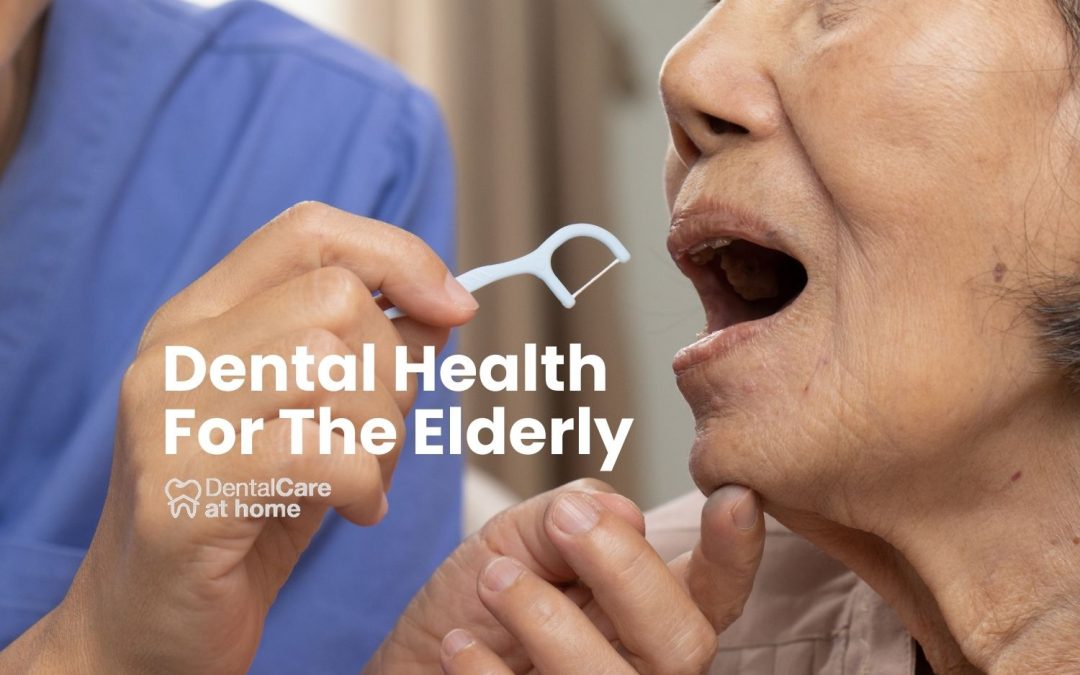Dental health in elderly people is important as ageing has effect on our teeth and gums. It’s not just about maintaining your smile and healthy teeth, but also keeping your gums healthy and preventing cavities. Dental health is especially important for the elderly, who may have less flexibility in their mouths.
Ageing In Adults
The condition of your teeth and gums can affect your quality of life, so it’s important to maintain good dental health as you age.
If you’re over the age of 65, there are some extra things to consider when looking after your smile. For example:
- Your mouth is more likely to produce less saliva than when you were younger. This can lead to tooth decay as saliva helps to combat acidity in the mouth after eating. It also means that certain foods may feel harder than usual in the mouth (such as ice cream). As well as this, many older adults have problems with chewing due to poor dentition or jaw stiffness which makes eating difficult.
- Dental implants are an option for replacing missing teeth but they tend not be suitable for everyone.
You should see a dentist regularly (at least once every six months) even if there isn’t any obvious problem with either your teeth or gums because routine checks will help spot problems before they get out of control. These could be cracked fillings or early signs that something else needs treating before serious damage occurs.
The Ageing Population & Dental Health
Dental caries is the most common oral disease in the elderly, with prevalence increasing with age. It is a major cause of tooth loss in older adults, who also have an increased risk for other oral diseases such as periodontal (gum) disease and oral cancer. Dental caries can be prevented and treated through regular dental visits, but many older people do not see a dentist on a regular basis.
Takeaway:
- The elderly population is a growing demographic.
- There’s a lack of awareness about dental health for older adults, which means there are fewer services available to help them.
- Older people often don’t understand how important good oral health is for their overall wellbeing, and this can lead them to avoid seeking treatment or ignore symptoms until they become more serious.
Conclusion
We know that as our population ages, there will be more and more elderly people who need dental care. We encourage you to share this information with your family members or friends who may need it!

